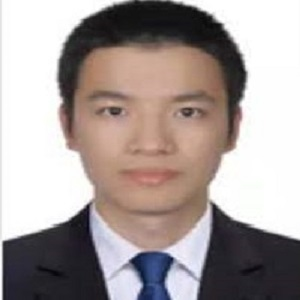Abstract:
Cancer stem cell (CSC)-related chemoresistance frequently causes poor prognosis of the patients with colorectal cancer (CRC). The discovery of the chemoresistance-relevant molecules and elucidation of the underlying mechanisms will provide potential therapeutic clues for CRC. In this presentation, we reported the role of HTP1 in CSC-related chemoresistance of CRC. We identified HTP1 as a potential molecule functioning in CRC chemoresistance by comparing the expression profiles between chemo-resistant and chemo-sensitive CRC tissues. Further functional studies using CRC cell lines and CDX (CRC cell derived xenograft model) demonstrated that HTP1 enhances chemoresistance of CRC by promoting stemness of CRC cells. Moreover, inhibition of HTP1 ameliorates chemoresistance of CRC cells. Mechanistically, we found that HTP1 contributes to upregulate wnt/β- catenin signalling and further increase expression of stemness-related genes. In clinics, the upregulation of CRC is associated with poor outcome of CRC patients. Together, our findings reveal the roles of HTP1 in CRC chemoresistance. Targeting inhibition of HTP1 function might be a potential therapeutic strategy to ameliorate chemoresistance in CRC.




